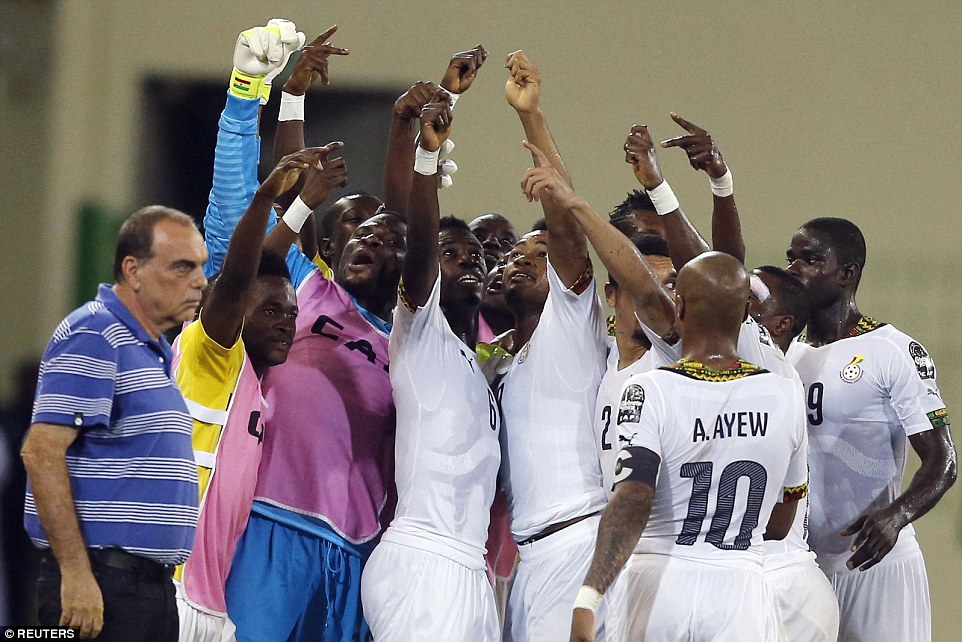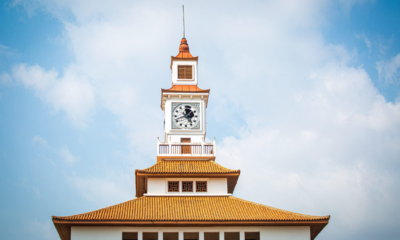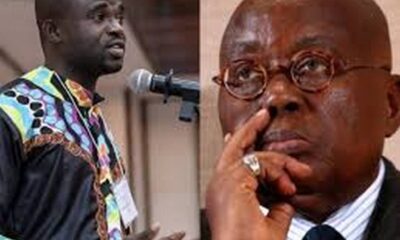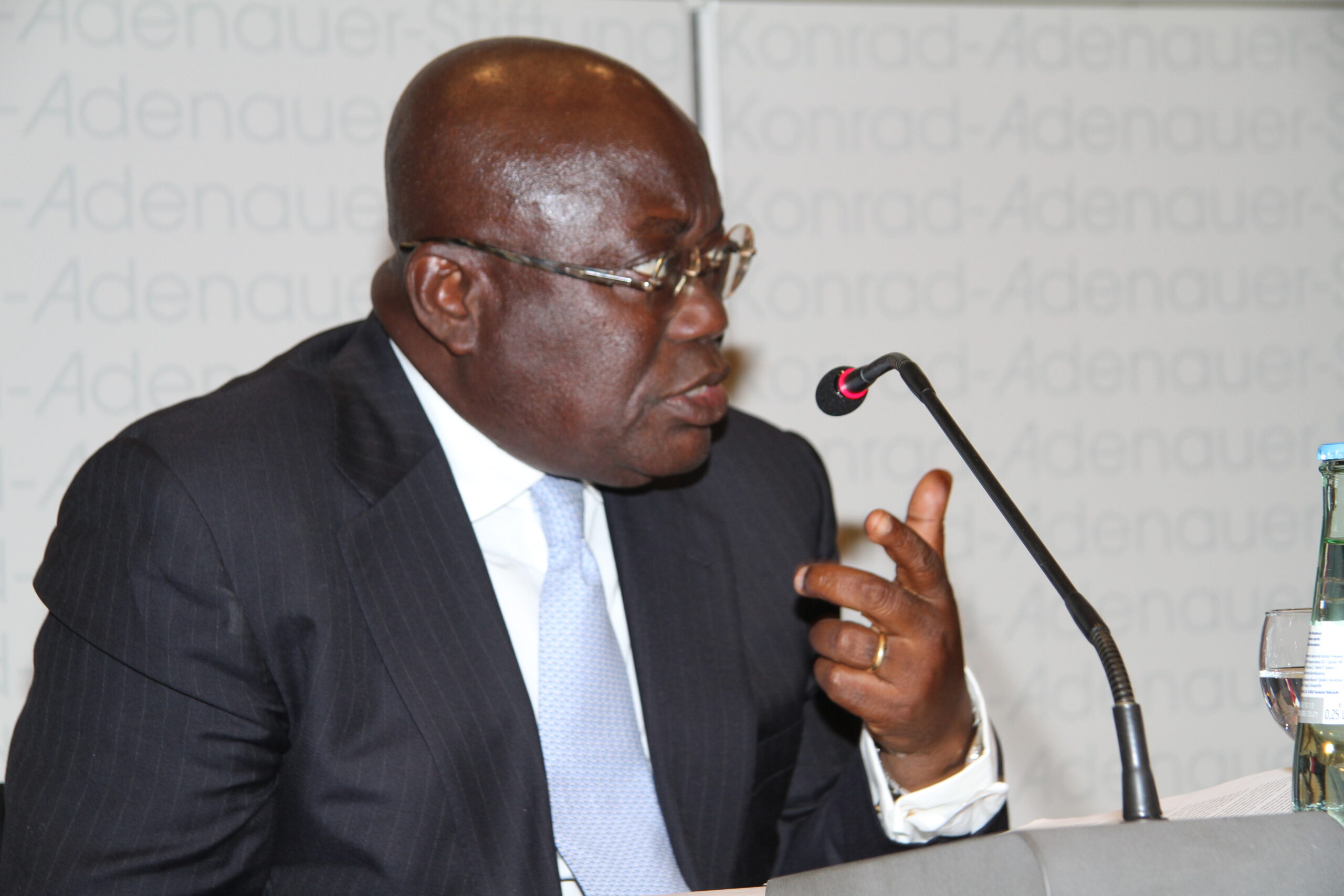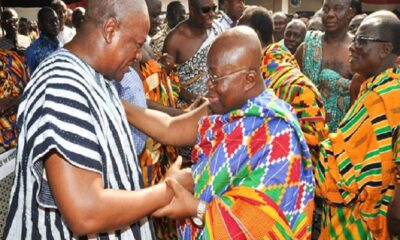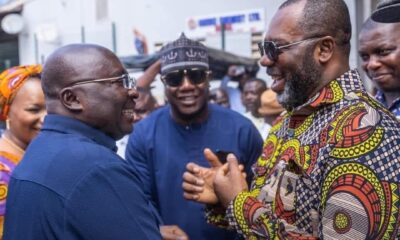There is this story about parliamentarians whose bus was involved in a fatal accident on their way to a rural community to inspect a project. When rescuers heard about the accident and got to the scene later, they found the bus but there was no single person in it, dead or alive.
After some search in the area, they found some farmers who were returning from a nearby bush and decided to ask them whether they knew about how the accident victims had disappeared.
The farmers said they had buried all the occupants of the accident vehicle in a mass grave.
“Were they all dead?” the head of the rescue team asked them.
“Many of them were protesting and shouting that they were still alive when we were dumping them into the grave, but you know politicians and their lies,” leader of the farmers replied. “They have always promised to repair this road which killed them since I was a small boy but nothing has happened. They never tell the truth. Even if they are dead, they will tell you they are alive so we didn’t believe them when they said they were alive. We buried all of them.”
In a related story, a man in the South Asian country of Gyeedaland returned from work and found his four-year-old son very sad.
“Kwame, what’s wrong with you?” he asked.
“Daddy, I had never seen a grown-up man crying until this evening when I was watching the news,” the boy said. “This man said they falsely accused him of selling a drill ship and stealing the money. I cried when I saw him crying.”
“Never be that stupid again, son!” the man said angrily. “He is a politician. Don’t believe anything they tell you or do. They are actors. The only time you have to take them seriously is when they are going after your wife or girlfriend.”
The above scenarios may appear too extreme, but most of us are more skeptical about the politicians than the characters in these stories. We don’t believe what they say. We think they never tell the truth, and even when they break down in tears, we say they are shedding the tears of those ugly reptiles in the ponds of Paga.
This was evident on social media yesterday. The subject ridicule was the immediate past Minister of Youth and Sports, Elvis Afriyie-Ankrah. Mr Afriyie-Ankrah took his turn at the sitting of the Presidential Commission, which is probing the disgraceful participation of Ghana in the 2014 FIFA World Cup in Brazil. It was his second appearance at the Commission and the Chairman of the Commission, Justice Senyo Dzamefe, asked him how he felt when the Black Stars failed to train two days to the team’s crucial and final group game.
“My Lord,” Mr Afriyie-Ankrah started. “I felt devastated because…” The words did not come. But what could not be said with words was communicated with tears. On social media, the overwhelming number of posts said those tears were false tears and questioned why he should cry because the question was a harmless one.
The tears of a man crying in the rain, our elders say, are known only to him. So is the authenticity of the tears of a politician. But whatever the case may be, I think Mr Afriyie-Ankrah’s tears were genuine tears and I felt really sorry for him. As a journalist, I know the kind of response certain questions are bound to elicit. Questions such as “how did you feel?” or “what was going through your mind?” are emotional questions. They are questions that bring back pain, anguish, sorrow and even tears that dried decades ago.
I could only imagine myself in the Minister’s shoes back in Brazil. At the World Cup, it is not only about the beauty of the game. It is about national pride. And anyone who leads a team to such a tournament would want the best for his country. We played a brilliant game against the USA but lost. In our second game against the eventual winners of the tournament, we played what analysts said was the best match of the tournament. In fact, we were the only team that was not defeated by Germany.
We still had one more match to go. Whether we would progress to the next level of the competition or not depended on the outcome of that match and that of the other group game between the USA and Germany. Germany needed to beat the USA and we needed to beat Portugal by a reasonable margin to progress. The Germans appeared too strong for Obama’s boys and Portugal had not shown any class in their first two games.
So our chances of qualifying were still high. This was the stage the team boycotted training because they wanted to have their appearance fees paid to them in cash. When the Blacks Stars summoned the management to demand payment one night, it resulted in the exchange of slaps between a player and a management team member. As the leader of the Ghanaian delegation, one can only imagine what the sports minister would feel within the period.
Mr Elvis Afriyie-Ankrah also told the Commission that one of his biggest regrets was the decision to seek corporate sponsorship for football fans to travel to Brazil when government indicated it had no money to fund fans. He said the intention was a good one. And it, indeed, was. In football, playing in an empty stadium or away from the home crowd is a form of punishment. The reason is that fans are an integral part of the game. A team is strong at home because it has the home crowd backing it. So it wasn’t out of place to send supporters to back our national team. But the drum may sometimes sound differently from what its maker intended. The organization went sour and the Minister’s initiative has since faced outright condemnation.
The Presidential Commission is doing a great job and it is good the national broadcaster, GTV, is covering it live. We are understanding the issues better and all those who have handled cash are answering questions about how each pesewa was spent. It is too early to predict the outcome of the enquiry. However, one disturbing fact about our disgraceful showdown in Brazil since we crashed out of the tournament has been where the blame has been placed – the coach, the Ghana Football Association and the Ministry.
Our politicians and leaders have given us enough reason to hate and to distrust them. But it is unfortunate to single them out for condemnation as we have done in this case. Those who really let us down are our footballers.
The Black Stars let us down when it mattered most. When others were prepared to die for their countries, our footballers put money above career excellence and the love for their country. At the end of the day, their insistence led to the airlifting of cash to Brazil, which made us the laughing stock of the world. To illustrate how much the money really meant to them, we saw images of some players kissing their money. What happened on the field of play after the acrimonious demand of the money is well documented. They lost their shine, and for the first time, they returned from a tournament without any funfair.
The Black Stars should have known better. Cameroon made all the bad headlines before the tournament. They held their nation to ransom over appearance fees. They got it before they traveled to Brazil and disgraced themselves. The Black Stars should have listened to wise counsel and concentrated on the game instead of the cash. After all, none of them was so poor that their lives depended on the $100,000 appearance fees. For some, that amount is their weekly allowance. However, they would not listen because our elders were again right: if a disease will kill a man, it first breaks sticks into his ears. They decided to run to the funeral of the man who died by stumbling over a stone. And they stumbled too.
Their West African counterparts, Nigeria, were perhaps the worst in this regard. After what happened to Ghana and Cameroun, they did not learn. Before their one-sixteenth game, they boycotted training to protest against the delay in the payment of their appearance fees. And that was their last game. Interestingly, the three countries, which made international headlines over appearance fees, were all African teams.

Some of their colleagues came to the tournament without expecting any appearance fees. Some, like Greece, refused to take it when they were offered. They asked their government to use the money to develop sports facilities in their country.
I refuse to blame only the government and management team. The root cause of all our major woes was, therefore, the appearance fees. If the government had refused to send the cash to Brazil and the players refused to play, would we have hailed that decision? If the answer is no, why the condemnation?
The refusal of most Ghanaians to see the wrong in the players’ action is not strange. It is testament to our hypocritical nature. We are quick to point accusing fingers at our politicians and leaders when we are just the carbon copy of the politicians. If a footballer will demand money before playing a crucial World Cup match, it tells you he places the money above his nation. If such a footballer occupies a political or public office, he will place money above national interest. That’s how the majority of us Ghanaians are. We are not prepared to sacrifice for our country.
Everybody sees whatever they do as an opportunity to make money. That is our nature. What we often forget is that we hurt ourselves more than the nation when we hold her to ransom over money. The World Cup is the biggest platform for any footballer. When the BBC interviewed America’s Landon Donovan about how he felt for being excluded from the World Cup squad, he said he couldn’t sleep and had nightmares when he heard the news. “It was as if my world had come to an end,” he said. So it’s strange when others will get this opportunity and waste it because of greed.
The World Cup is the venue for shopping by football scouts. Some players have landed big contracts after marketing themselves there. James Rodriguez of Colombia was almost unknown before the World Cup. He ended up being the biggest discovery, who landed a 63million Euros contract with UEFA Champions League winners, Real Madrid, wearing the club’s number 10 jersey. In the first 48 hours since joining Madrid, the club sold 345,000 “James 10” shirts, bagging 20.7 million Euros for the European Champions. The World Cup was more than appearance fees and national pride.
The same cannot be said of the Black Stars. None of our players got good offers after the tournament. After their game against Germany, they became the toast of football pundits. Dutch and Manchester United’s legend Ruud van Nistelrooy questioned why Asamoah Gyan was playing in the UAE instead of joining a top-flight club in Europe. It was clear that if the Black Stars played another of such games they played against Germany and even lost, a lot of them would have won career-transforming contracts.
For a majority of the players, we never get to watch their games because they play for obscure clubs. The national assignment is the only time a lot of them shine. But greed killed them.
Whether Elvis Afriyie-Akrah’s tears are real or not, the taunting will not stop today. The insults will not end tomorrow. And the condemnation of the coach, GFA and the ministry will not end the day after.
But what has happened in Brazil is the true reflection of the Ghanaian we have today. We have no sense of patriotism. We do not see any opportunity as a means to make an impact in the lives of humanity. We see every opening as an opportunity to make money. The police officer sees his job as a money-making venture. The headmaster, medical doctor, journalist, public and civil servants are all desperate to make money. If your car gets stuck and young men help you to push it within seconds, what they demand next is payment. Our sense of humanity is deteriorating. That is why our nation is on its knees. And that is why we are poor.
At the Presidential Commission’s hearing on Wednesday, some past Black Stars players were highly praised. The nation has not given them much, but anytime their names came up, people look up to them with admiration. Members of the commission took some time to celebrate them.
The question players like John Boye should be asking is what will be said of them when, in their old age, their names are mentioned. Today our hatred for our politicians and football administrators will blind us from seeing their betrayal of their nation, but they should not rejoice. Posterity will judge them appropriately because their stories will be read on the dishonourable pages of Ghana’s history.

